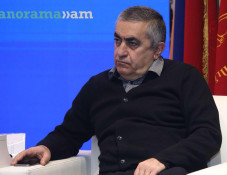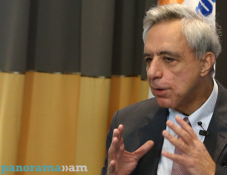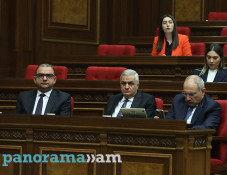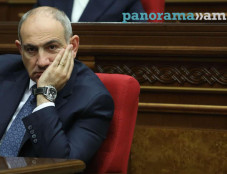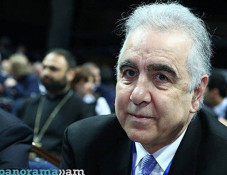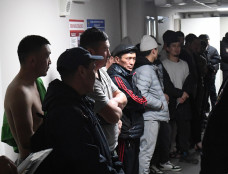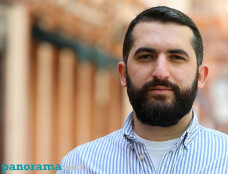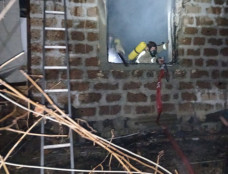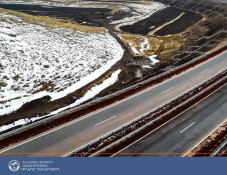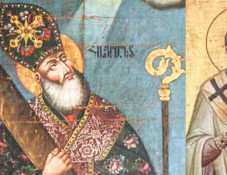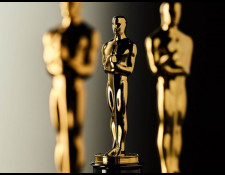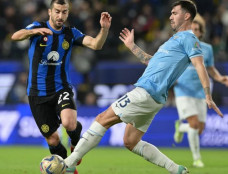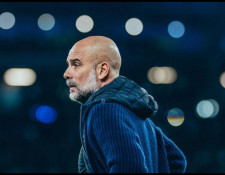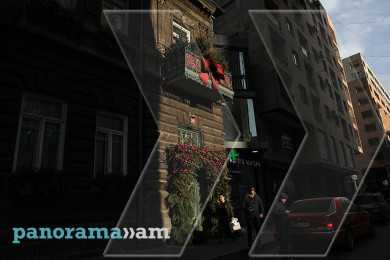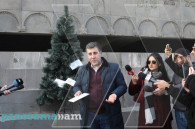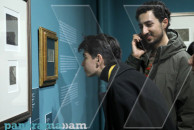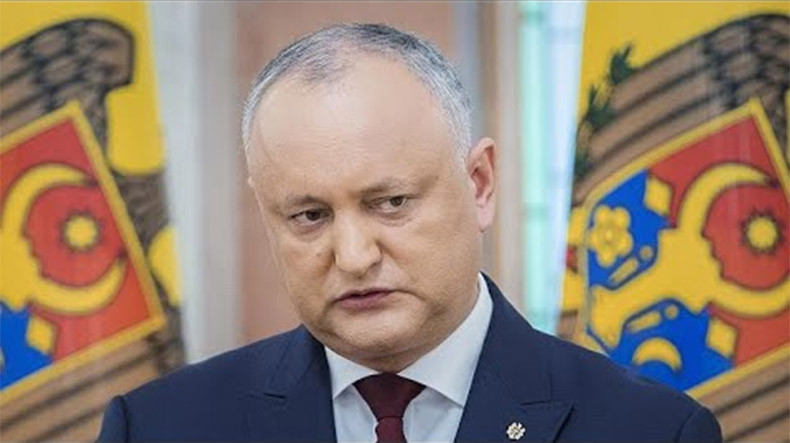
'Europe can only be stronger with Russia,' claims Moldova's president
Europe can only be stronger if it forges closer ties with Russia, Moldova’s president claimed in an exclusive interview with Euronews.
Igor Dodon called for more economic cooperation between Moscow and Brussels, who have been embroiled in a sanctions war since Russia's annexation of Crimea.
He told Euronews the European Union needed fresh ideas and that his proposition would unite members of the bloc.
"I think Russia could help the EU be stronger, Europe to be stronger," Dodon said during the interview in Chisinau.
“Let’s be honest: a strong Europe without the Russian Federation cannot be,” he added.
"I believe in a big Europe, from Lisbon to Vladivostok. It was Charles de Gaulle who came with this idea and it’s repeated often by various world leaders. I think this is the only solution to make Europe stronger to face the growing future challenges."
Ex-Soviet state Moldova, situated between Ukraine and Romania, signed a political and trade agreement with the EU in 2014, angering Russia. But Chisinau has also been looking to the East and has observer status with the Russia-dominated Eurasian Economic Union.
"The foreign policy I have been promoting for the last years is a balanced one, meaning, on one hand implementing the association agreement with the EU and re-establishing the strategic relations with the Russian Federation, on the other," Dodon said.
"I think this [stronger Russia-EU links] will happen inevitably, regardless of the countries who are hardliners about the [economic] sanctions.
"I think the dialogue will inevitably exist and this period of uncertainty in the relations between the two global players will be overcome.
"I think the common interests will unite Europe with the Russian Federation economically and facing the current global challenges."
Dodon, a former chief of Moldova's pro-Russia socialist party, has been the country's president since 2016.
Last summer his party formed a coalition with the pro-EU ACUM bloc after elections in February proved inconclusive.
Newsfeed
Videos






